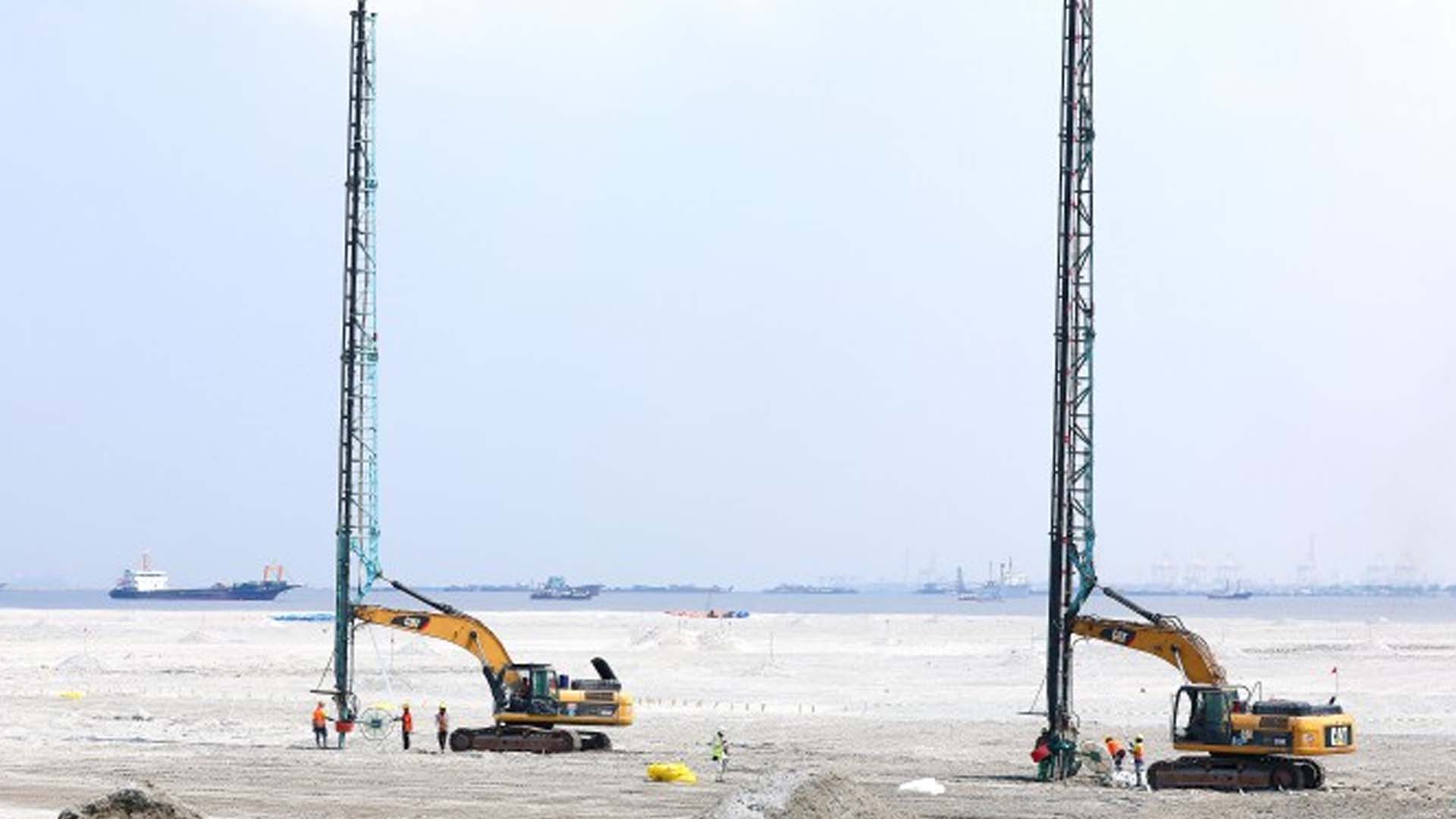The Department of Environment and Natural Resources (DENR) aims to identify best practices through a follow-through multistakeholder dialogue on reclamation scheduled on Monday (July 17, 2023).
DENR Secretary Antonia Loyzaga, in a press release on Thursday, said the activity will help the agency gather inputs for the ongoing review and enhancement of existing policies pertaining to reclamation projects.
Experts from the United States Army Corps of Engineers, Deltares and the Japan Embassy will have their respective presentations while representatives from the Philippine Reclamation Authority, DENR; Resources, Environment and Economics Center for Studies; and the Philippine Ports Authority will join the panel discussions.
Loyzaga said representatives from the embassies of Belgium, United States and the Netherlands as well as the national government agencies, local government units and the private sector have been invited to the dialogue.
During the first dialogue last May 8, various stakeholders identified gaps and entry points for enhancing existing policies on dump-and-fill activities.
Loyzaga earlier cited the need to develop an evidence-based impact assessment of the ecological and socio-economic impacts of reclamation.
“The scientific basis for doing the assessment needs to be established, and it must be cumulative in order to truly strike a balance between development and potential adverse environmental impacts of reclamation projects,” she said.
Among the recommendations gathered from the first forum include the formulation of a science-and evidence-informed, clear, and harmonized/streamlined policy and procedures for reclamation; the need to align national and local plans on reclamation, and enhance the process for issuance of Environmental Compliance Certificate (ECC) and Area Clearance; requiring the conduct of scientific studies to determine the environmental and socioeconomic impacts of reclamation; and to consider the mitigation hierarchy.
Also recommended was the finalization of a national policy on marine spatial planning; joint undertaking of baseline studies for change-detection and scenario-building and the cumulative assessment of the entire project; and ensuring inclusivity, transparency, and accountability in the reclamation process. (PNA)




















